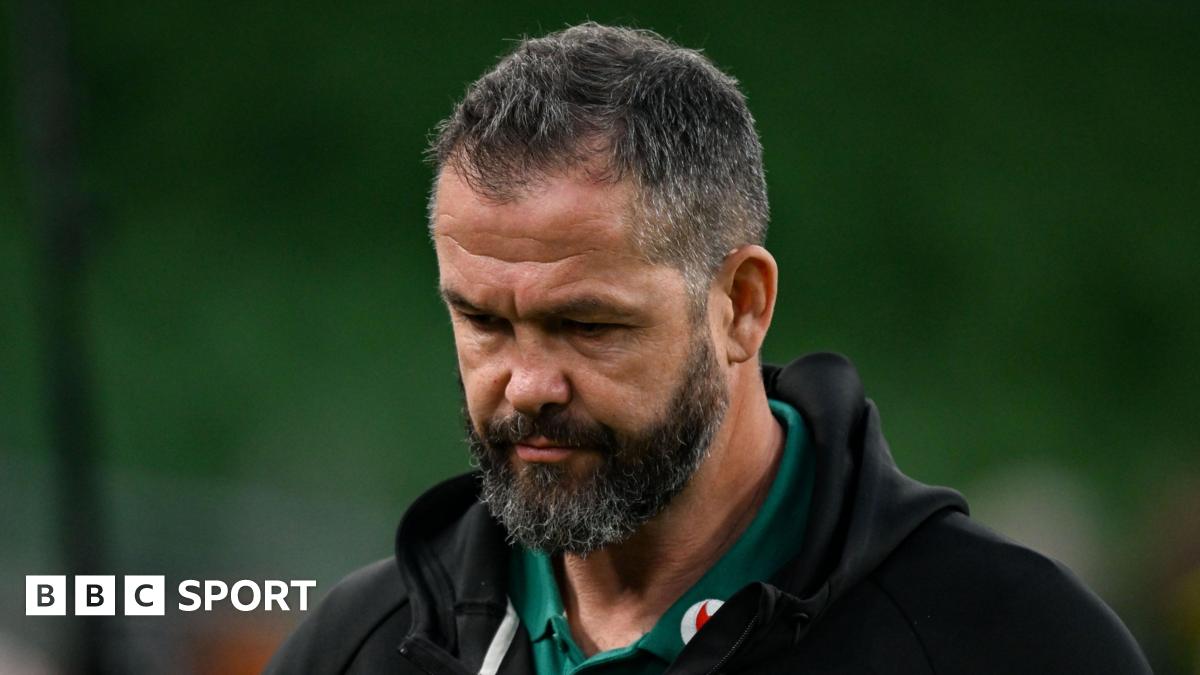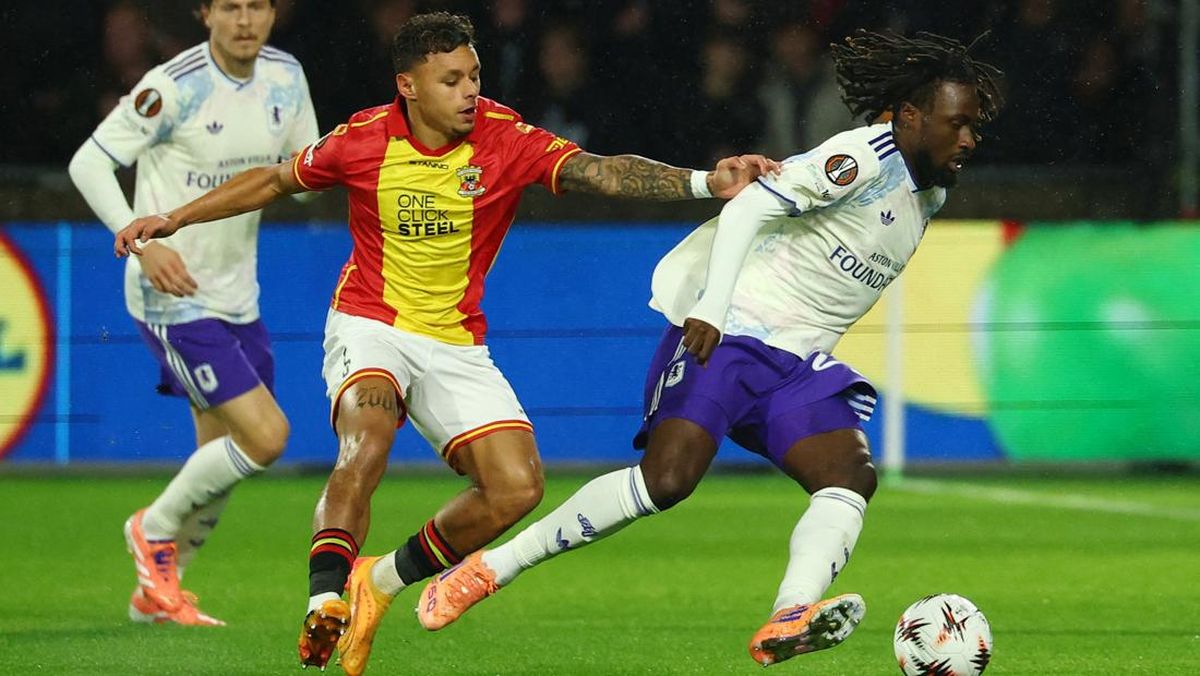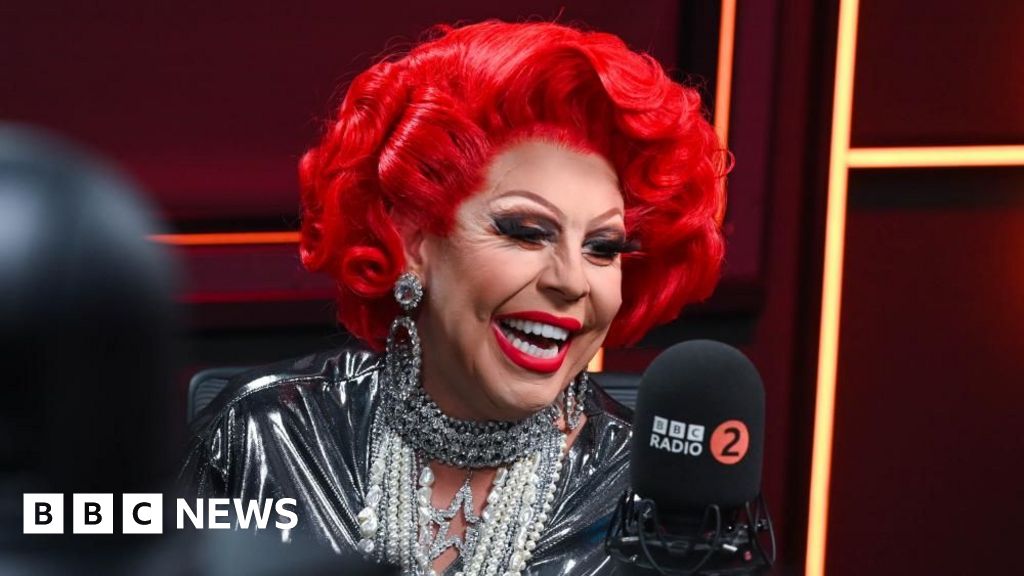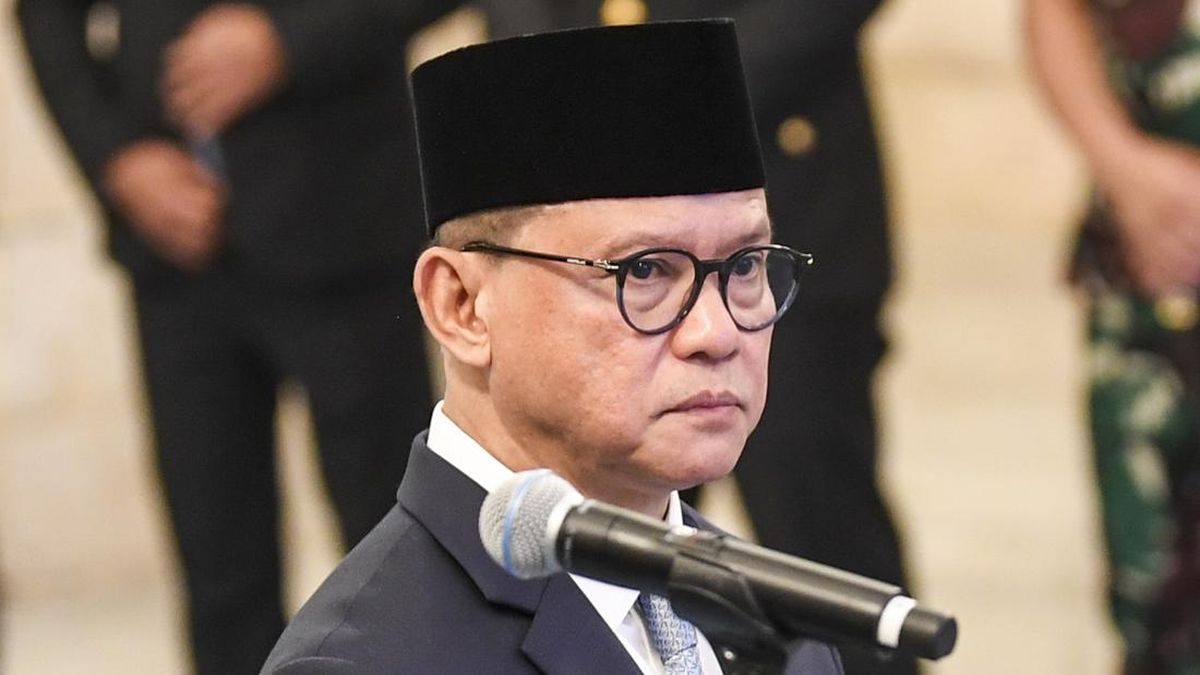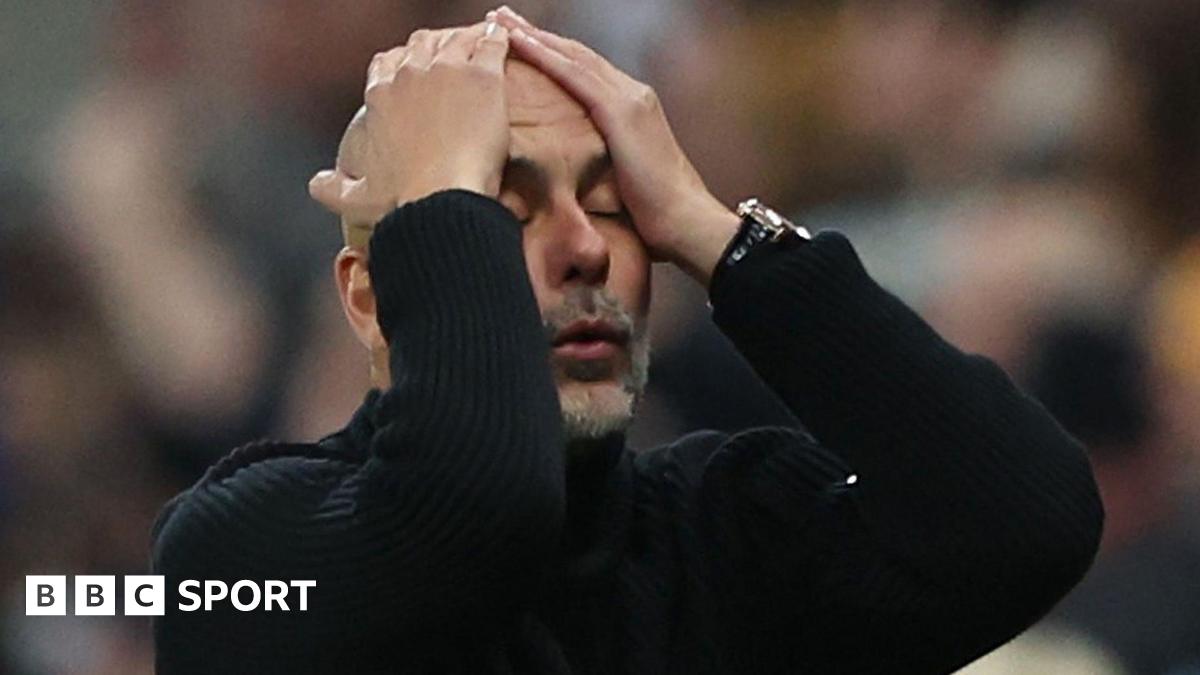By Jared Richards
August 5, 2025 — 10.27am
It’s been a year dominated by reboots and legacy sequels – of varying quality. For every substantive addition like 28 Years Later, there have been two blatant cash grabs like Happy Gilmore 2. You’d be forgiven for not mustering enthusiasm for yet another reworking of a yesteryear hit.
But few TV shows are as ripe for revival as King of the Hill, an acclaimed but often misunderstood animated comedy set in small-town Texas.

After 15 years, Peggy, Bobby and Hank Hill are back for a new season of King of the Hill.Credit: AP
Airing for 13 seasons between 1997 and 2010, the show – created by Beavis and Butt-Head’s Mike Judge and The Simpsons writer Greg Daniels – centred on Hank Hill, a no-frills family man who loves America, selling propane and propane accessories, and Ronald Reagan.
If you never watched it, or only caught stray episodes, you’d be forgiven for thinking King of the Hill was a send-up of liberalism, a kind of conservative Simpsons. Which, to some degree, it is – not ideologically but in its tone, keeping its cartoon world fairly grounded.
For one thing, the Hills have five fingers, and Hank (voiced by Judge) isn’t one to get himself into Homer Simpson-level hijinks. He doesn’t prevent nuclear catastrophe, go to space, or meet hundreds of celebrities – though in one pivotal moment, he’s horrified to learn a pre-presidential George W. Bush’s handshake is limp, throwing his vote into disarray.
Instead, most episodes see him left perplexed by a changing Texas, typified by his son Bobby (Pamela Adlon) – a brash, effeminate and wonderfully bizarre kid who follows his new obsessions of the week with no shame, be they improv, competitive dog dancing or soccer.
“That boy ain’t right” is essentially Hank’s catchphrase, and he routinely tries to toughen Bobby up into more of a man. But time and time again, he comes around to letting his son’s relative freak flag fly.
Over the past decade, King Of The Hill has developed a cult audience that adores it equally for its desert-dry humour and its moral backbone, guided by Hank’s sense of decency. In 2016 The Atlantic called it “the last bipartisan TV comedy”, able to poke fun at the fictional town of Arlen’s hick, immigrant, and liberal population in equal measure.
Surely we could use a little of King of the Hill’s compassionate conservatism – where Hank isn’t fearful of things he doesn’t like or immediately understand – in the 2020s?
Loading
Enter the just-released 15th season, streaming on Disney+, helmed by Judge and Daniels alongside new showrunner Saladin Patterson and featuring most of the original voice cast.
Set loosely in a post-COVID era, the 10-episode reboot opens with Hank and Peggy Hill, his strong-headed wife (Kathy Najimy), returning home after eight years living in Saudi Arabia, with Hank employed by the country’s national oil provider.
Now in their sixties and returning to Arlen to retire, their time abroad hasn’t made them more worldly, even if Peggy’s delusional confidence has her convinced she can speak perfect Arabic. In her defence, there was little chance for integration, as the couple lived in a company-run compound for American workers, essentially a model American town frozen in the mid-2000s.
It’s a clever meta set-up, letting Hank and Peggy squeeze in 15 years of observational humour without making it the point of the show itself. Sure, the first episode is a little bumpy, as the show rattles through funny but familiar jokes. Gender-neutral bathrooms! Ubers are weird! You can get everything delivered now! A few are fine, but too many cheap references can feel like desperate attempts to hide that so many reboots have little purpose beyond earning a buck off nostalgia (see: Frasier, Mad About You).
Thankfully, these awkward adjustments – like safer road rules changing Hank’s route home, or receiving a low Uber ranking for rambling and holding up the driver from other jobs – are just microcosms of the season’s throughline, where Peggy and Hank struggle to integrate into their newfound retirement.

Early imagery from King of the Hill.Credit: Disney/Mike Judge
Jokes and episode premises become slicker after a few episodes, once we’re up to date with the Hills – including Bobby, who is now 21 and living in Austin as the head chef of a Japanese-German fusion restaurant – and old friends.
In the case of Hank’s drinking buddies, sad sack Bill (Stephen Root) is, well, still a mess; Boomhauer (Judge) is as incomprehensible as ever, and the world has caught up with Dale (Johnny Hardwick), Hank’s ultra-conspiratorial libertarian friend whose ravings are now painfully mainstream – in fact, he even has a Substack now. All the while, he keeps his eyes closed to what is clear to anyone else: that his kids resemble his wife’s good friend, the Native American masseur John Redcorn (Jonathan Joss).

Bobby Hill is now 21 and working in a Japanese-German fusion restaurant. Credit: Disney/Mike Judge
Sadly, both Hardwick and Joss died during the reboot’s production, and this now serves as their final roles. It’s a sombre note for the show, as is the absence of sweethearts Luanne and Lucky, respectively voiced by Brittany Murphy and Tom Petty, who both died before the show’s revival.
There is one more notable shift: Toby Huss fills in for some of Hardwick’s dialogue, after handing over the role of Hank’s Laotian-American neighbour Kahn Souphanousinphone to Australian comedian Ronny Chieng. It’s an acknowledgment that the character should have always been voiced by an Asian actor, one of the few elements of the original that doesn’t hold up.

Hank and Bobby are competitors in a home beer brewing competition. Credit: Disney/Mike Judge
Still, the show’s finest moments come from Bobby and Hank’s relationship, one of great love expressed in indirect ways – such as the two of them competing together in a beer-brewing competition, despite Hank’s old-school palate clearly at odds with Bobby’s fine-dining interests.
Loading
And while some topical plot-lines – such as Hank butting heads with the manosphere, or Bobby’s fusion restaurant facing cancellation for cultural appropriation – might cause eye-rolls on other reboots, it never feels shoehorned here. Maybe that’s because Judge and Daniels, back in the original series’ run, continually described the show as non-political, which tracks, in that it presents decency as a bipartisan value.
It makes sense, then, that the series doesn’t snake-oil the waters by tackling Trump directly, better left to the mudslingers at South Park.
Sadly, King Of The Hill remains quietly political for its very simple message, summed up neatly at the end of the reboot’s first episode: “It’s nice to be nice”. Hopefully, we can stay in Hank Hill’s America for a few more years.
Most Viewed in Culture
Loading



